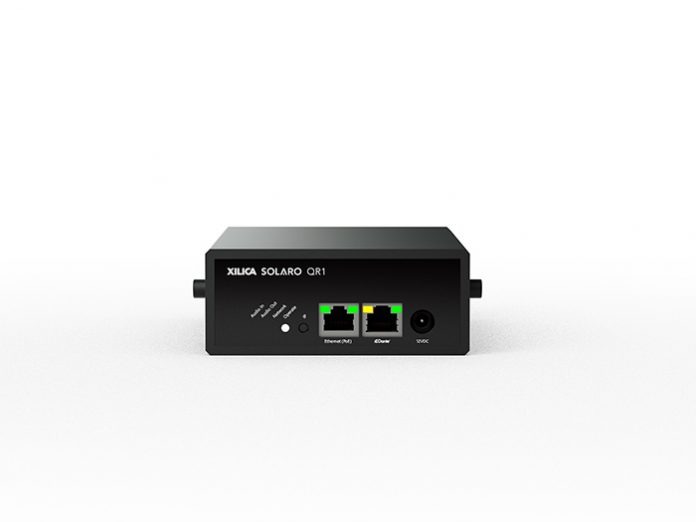Hot on the heels of bringing its Designer 4.0 software to market, Xilica, a global leader in digital signal processing technology for AV and installed sound, has raised the bar by adding Lua scripting language to its award-winning Solaro Series DSPs.
Widely-used in the AV and IT industries among major control system manufacturers, Lua scripting is a universal language that enables products from third-party vendors to communicate and interoperate. While many other DSP brands either feature no integrated control engine functionality, or utilise a proprietary command protocol, Xilica is continuing to add value to its premium open-architecture DSP portfolio by enabling integrators to omit traditional control systems from small-to-medium sized projects, and instead utilise the existing DSP for system command.
“Xilica control systems will provide all of the functionality needed in conference rooms, hotels, restaurants, schools and many other AV environments,” said Shaun Robinson, VP Product Management at Xilica. “We can control all of these standard functions without the need for a highly sophisticated and expensive control system. While we interoperate with enterprise-level control systems, we can save our customers up to $30,000 in many cases.”
While integrated control into a DSP is ideal for many small-to-medium applications, Xilica recognises the value of a scalable external control system for larger projects and additionally launches updated modules for AMX, Crestron and Control4 automation platforms, which are available on AMX InConcert, Crestron AppMarket, and from Xilica directly.
Where a third-party vendor is a member of Xilica’s partner program, Lua control modules are available inside the Xilica Designer software interface, pre-built and ready to deploy. For those situations where a particular brand may not be available, Xilica’s ‘Lua Device Driver Builder’ function enables an integrator’s in-house programming team to create custom functionality specific to their product and application. Additionally, Xilica has field resources located across North America who can provide custom driver development as required.
“System design and integration professionals have historically relied on manufacturers to create drivers that can speak to third-party devices in the library, typically because they were restrained through proprietary protocols,” said Shaun. “Lua scripting opens the programming universe within Xilica DSPs and control products for any user that can write a control universe.”
Xilica’s corporate, education and government customers further benefit from new USB I/O capabilities that improve compatibility with the latest Unified Communications (UC) platforms, including Microsoft Teams and Zoom. Separately, network-based update and deployment of Solaro Series DSP products has been improved for rapid install times.





